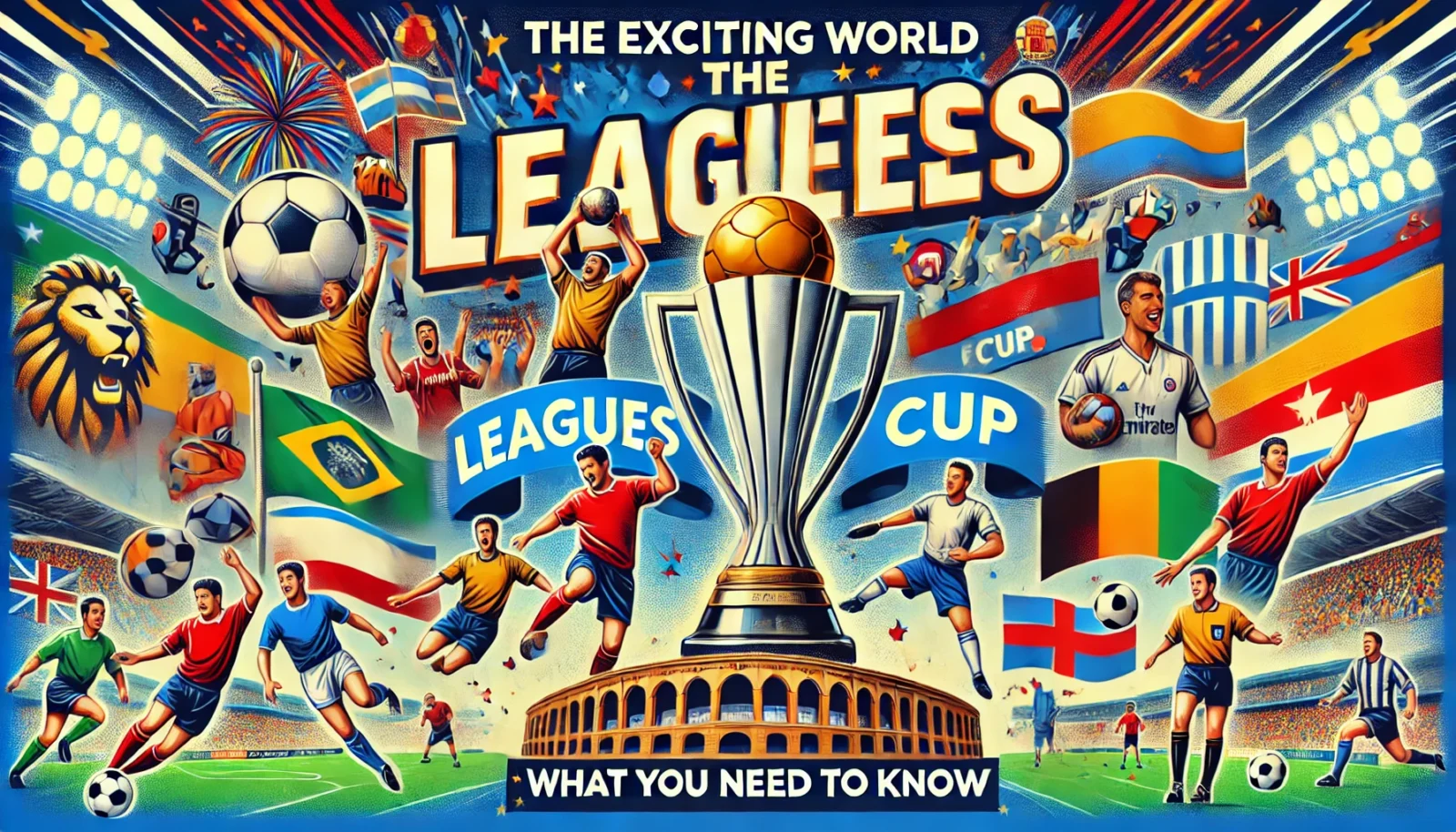It felt a little strange, as football in England, and particularly the League Cup, is always something special for us. Free of the historical prestige and lacking glossy Premier League luster, this fledgling stage to the season’s domestic honors has emerged as a competition capable of coughing up some crackers—with a dash of reality. League Cup, you cry. What the fuck is a League Cup, and why do I care? This is one fan favorite we are going to be analyzing in depth right here.
You are probably aware, of course, that the League Cup had a great deal to do with ancestry.
The EFL Cup was first created in the 1960–61 season. Bitterly cussed Yorkshireman Alan Hardaker, then the Secretary of notions at The Football League. Hardaker said he was keen for a competition that introduces more midweek games into the calendar and provides clubs with another source of revenue.
Compared to the 736 clubs who can enter all nine rounds of FA Cup competition, therefore increasing their chances and providing much-needed gate receipts for struggling lower-ranked sides with a chance at playing against star-studded lineups later in the draw, thanks, Preston! This status, exclusive to the organisers and virtually no one else, means that every game is a knockout, which results in upsets of such unlikely proportions as well as bruising affairs quite freely manifested.
Format and Structure
A knockout tournament, the League Cup finds teams in professional ranks matched with each other every round of the cup, and only one team remains standing for all but one. First round (League One and Two teams); second round (championship teams); Premier League enters in the third.
One real plus with the League Cup is that it has two-legged semi-finals. Only here can play the teams both home and away, by far.
Memorable Moments and Upsets
The League Cup has seen its fair share of moments to remember and giant killings galore. London football has an iconic history of upsets—perhaps the most legendary in 1967, when QPR (then a Third Division side) beat West Bromwich Albion at Wembley with a goal in the final minutes to win 3-2. Their victory goes down as one of the greatest cup shocks in English football.
Meanwhile, the League Cup has been a stage for budding players to catch the eye in more recent times. THE STEP INTO SENIOR FOOTBALLIt is a crucial moment in the journey of young players into senior football. The Class of ’92 at Manchester United, where David Beckham and Ryan Giggs burst to prominence during League Cup adventures.
The League Cup Today
This season, the League Cup was a highlight on dates in the English football calendar. While it may rank near the bottom for most clubs on their priority list, as one of only two knockout competitions available in England (three; no longer four), all want to win, especially anyone who isn’t currently referred to as the “Big Six.”
Clubs are equally keen on the competition as it comes with a spot at least in one tie next season, much like its big brother, the Europa Championship League. The League Cup serves as a midweek distraction during a long week and cup competitions obviously add an extra element of intrigue for any team that can still theoretically win them.
Iconic Finals
The League Cup final is always a highlight of the football season, played out at Wembley Stadium. There have been so many classic, epic finals over the years that will NEVER be forgotten. 2008, TOTTENHAM HOTSPUR vs. CHELSEA : lost 2-1 after extra time, with Jonathan Woodgate scoring the winner in added-on period. Tottenham, who had not added a trophy to their collection in the previous nine years, are held with high esteem by supporters of this football club.
Liverpool 2012 vs. Cardiff City After extra time, the game ended level at 2-2 and resulted in a dramatic penalty shootout. To go and win their eighth League cup, Liverpool gave the fans a spectacle of mesmerising football—a day to remember.
The Role of Managers
Managers are also trialling the League Cup. The manager sees if his plans and squad depth are being tested. For some, it has been the stepping stone to greater success in securing medals, but not for others. Such as when Jose Mourinho won his first trophy at Chelsea in 2005, a seminal triumph that would underpin all of the success that would come after it for The Special One at Stamford Bridge.
Meanwhile, it can also be a save-the-day for bullied managers. For that reason, a good run in the League Cup provides release from an at times merciless landscape.
The Future of the League Cup
The League Cup is at a crossroads as football continues to evolveShould the format of English football’s third major cup competition be up for debate, balancing perhaps its most congested fixture calendar and fragile player welfare? One of the proposals is to alter or reduce semi-final formats in a bid to lessen club and player workloads.
However, as per usual, that is why it remains at the box office because of its ability to deliver moments and surprises. It allows fans and players up and down the country to chase one of England’s best-known trophies on football’s biggest stage.
Conclusion
It proved the competition that fans always enjoy seeing every year with a gutter upset here and there and very few realsex grand finals over its rich history. This is the cup that provides its own special thrill and opportunity to fans of giants in the Premier League or plucky underdogs down England’s football pyramid.
But the next time you watch a League Cup game, remember its backstory and what gave your precious competition some soul. Who knows? The next real classic League Cup moment could be about to unfold right in front of you and if so, expect it to rival every piece of drama that has ever gone before on English soil.
Tell us your best League Cup memories. Got any questions or more tips to add? Drop them in the comments!
















Got a Questions?
Find us on Socials or Contact us and we’ll get back to you as soon as possible.